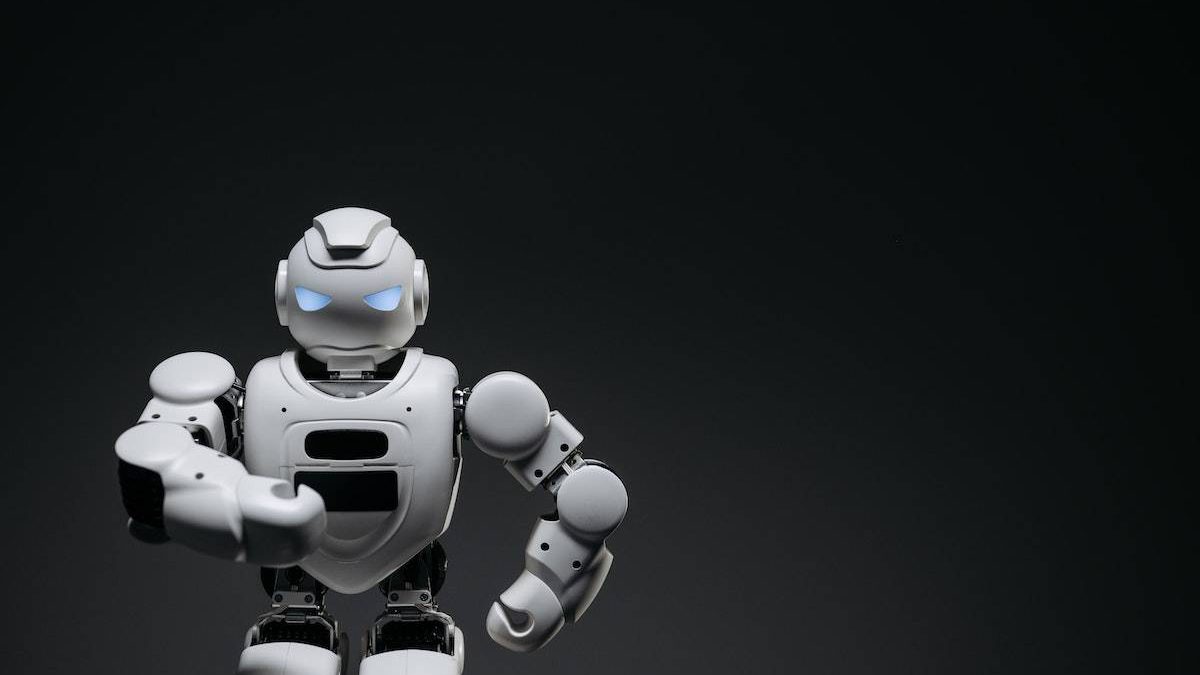Unlocking the Potential The Impact of Robotics on Society
Table of Contents
Introduction
Robotics, a field that integrates engineering, computer science, and artificial intelligence, has been steadily advancing over the past few decades. With each technological leap, robotics has evolved from being a mere novelty to a profound force with the potential to revolutionize society. This article delves into the profound impact of robotics on various aspects of our lives, ranging from industry and economy to healthcare, education, and even our daily interactions.
-
Transforming Industries and Economy
One of the most noticeable impacts of robotics has been its transformative effect on industries and economies worldwide. Automation in manufacturing processes has led to increased efficiency, reduced costs, and improved product quality. Robots have taken on repetitive, dangerous, and physically demanding tasks, allowing human workers to focus on more complex and creative roles.
As industries embrace automation, there is a simultaneous need for reskilling and upskilling the workforce to remain relevant in a technology-driven era. While job displacement is a concern, robotics can also create new job opportunities, particularly in areas like robot design, programming, maintenance, and data analysis.
-
Enhancing Healthcare and Medicine
The use of robotics in healthcare has opened up new possibilities for patient care and medical procedures. Surgical robots offer precision, dexterity, and enhanced visualization, reducing invasiveness and improving patient outcomes. Telemedicine, powered by robotic devices and AI, enables remote patient monitoring and consultations, especially beneficial for rural and underserved areas.
Robotics also plays a vital role in the rehabilitation of patients with mobility issues, such as stroke or spinal cord injuries, through exoskeletons and assistive devices. Additionally, social robots have shown promise in providing companionship and assistance to the elderly, promoting mental well-being and reducing loneliness.
-
Revolutionizing Transportation and Logistics
The future of transportation is intrinsically tied to robotics. Autonomous vehicles, guided by sophisticated sensors and AI algorithms, have the potential to make roads safer, reduce traffic congestion, and lower carbon emissions. Furthermore, autonomous drones could revolutionize logistics by delivering goods efficiently and cost-effectively.
-
Advancing Education and Learning
Robotics is revolutionizing education by enhancing the learning experience and making it more interactive and engaging. Educational robots, programmable by students, teach coding, problem-solving, and critical thinking skills. These robots act as both companions and mentors, fostering curiosity and creativity among learners.
Moreover, robotics can aid special education, providing personalized attention to students with specific needs, helping them to grasp concepts and improve social skills.
-
Reshaping Human-Robot Interaction
As robots become increasingly common in daily life, the way we interact with them is rapidly evolving. Social robots are designed to communicate and collaborate with humans, understanding emotions and adapting their behavior accordingly. While this development holds great promise in areas like customer service and therapy, it also raises ethical questions about robot rights, privacy, and human dependence on machines.
-
Addressing Environmental Challenges
Robots are emerging as valuable allies in the fight against environmental issues. Autonomous robots equipped with AI can monitor and manage ecosystems, track wildlife, and even clean up pollution. Drones are being utilized to inspect and maintain critical infrastructure, such as power lines and wind turbines, reducing human risk and improving overall efficiency.
-
Ethics and Societal Challenges
Despite their transformative potential, robotics raises complex ethical dilemmas. Concerns regarding job displacement, the concentration of wealth, and the role of robots in decision-making processes require careful consideration. There is a pressing need for policies and regulations to ensure that robotics development aligns with societal values and benefits all.
Conclusion
The impact of robotics on society is multi-faceted, influencing various aspects of our lives, from industries and healthcare to education and transportation. While robotics has the potential to unlock countless opportunities and improve the quality of life for many, it also presents challenges that must be addressed responsibly. By navigating these challenges thoughtfully, we can embrace robotics as a powerful tool in shaping a brighter and more equitable future. The key lies in fostering collaboration between technology experts, policymakers, and the broader society to ensure that robotics truly unlocks its potential for the greater good.

